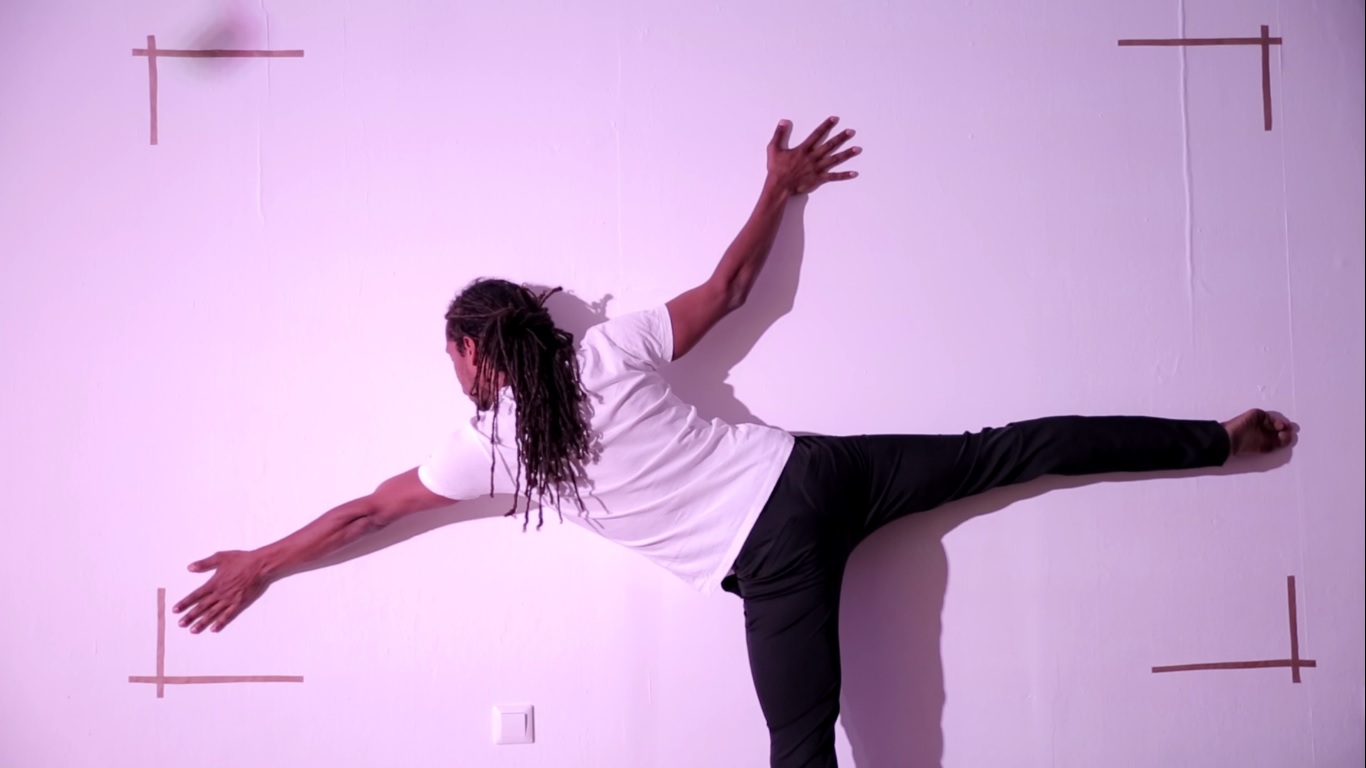Am 24. Mai ist der Berlin Writers‘ Workshop zu einer trilingualen Lesung mit Gregor Guth (Österreich), Alan Mills (Guatemala) und Rebecca Rukeyser (USA) in der Lettrétage. Zu diesem Anlass haben wir Rebecca Rukeyser und Ben Mauk, den Gründern des Berlin Writers‘ Workshop, fünf Fragen gestellt.
When did you decide to become involved in literature and why?
Our instructors have all been writing for years if not decades; most of us have published novels, collections of short stories, or short works of fiction, essay, and journalism. (We’re woefully short on poets at the moment.) The co-founders of the Berlin Writers’ Workshop—there are four in total—all met at the Iowa Writers’ Workshop in 2010, where we were first-year students in the fiction program. We founded the Berlin Writers’ Workshop in summer of 2017, a few years after two of us had moved to Berlin; the other two have since moved here as well.
What role does the city of Berlin play for your work?
Like a lot of writers and artists, we have found in Berlin a welcoming and vibrant community for working and meeting collaborators. None of us is German, but we admire Berlin’s internationalism and want to contribute back to the community and cultures that have given us so much. We are proud to host readings for Berlin-based writers working in German, English, and other languages, and we invite writers from around Europe to come read and teach classes for us. Our students live in Berlin, but, as you can imagine, they come from everywhere.
What’s special about the Berlin Writers‘ Workshop and who can participate?
We’re an open international community. Absolutely anyone at any level of experience can participate in the classes, readings, and events hosted by the Berlin Writers’ Workshop. Our readings are free and open to the public. Many of our classes, including our most popular workshop, Creative Writing I, require no experience or application. We also have workshops designed for more experienced writers and those working on long manuscripts in different genres. Our students tend to write in English, but for many of them English is a second or third language.
You organize workshops and readings. Why is it important to you to offer these two types of event? What is the particularity about one and the other?
Writing is, to put it bluntly, a lonely practice. It’s a discipline that requires spending long hours in silence, staring at a Word document or a sheet of paper. And the hobby that bolsters writing—reading—is also pretty solitary.
We want to give writers ways to connect with other literary people, and to share ideas and influences before retreating back into the writing life. Readings help forge that community and those connections. Workshops help create writing communities in a different way, turning attention back onto our own work. They also help to give writers deadlines—every writer we know has become more accomplished as a result of working towards due dates. And workshops also aid writers in becoming critical readers of their own work, giving them the skills to analyze their writing from within the process.
What ideas do you have for the future?
We’re hoping to add new classes and readings throughout the year. We have classes on magazine writing and novel writing scheduled for the summer, and we’re working on putting together our autumn reading series. We’re also now able to offer one full need-based scholarship for each class in order to help make our community more accessible and diverse.
We’ve also been increasingly busy with requests for workplace and corporate workshops in Berlin’s startup scene: companies that work with storytelling (often with copyeditors and advertising teams) are looking for creative-writing instruction, and we’re excited to insert literature and literary craft into their working lives.


Ben Mauk is a writer from Baltimore. His essays and reportages appear in the New York Times Magazine, Harper’s Magazine, The New Yorker online, The Guardian, the London Review of Books, Virginia Quarterly Review, Granta, and many other publications. He is a former Fulbright fellow and a grantee of the Pulitzer Center on Crisis Reporting and the Matthew Power Literary Reporting Award. He has taught literature and creative writing at the University of Iowa. He co-founded and directs the Berlin Writers‘ Workshop.

